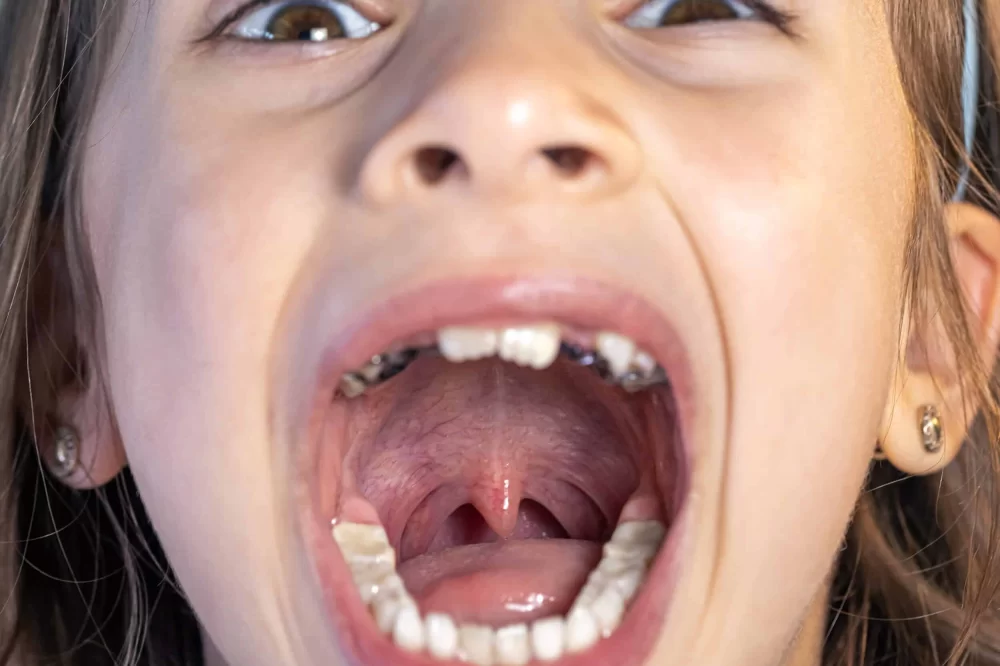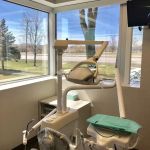
- understanding-oral-hpv-infection-in-adults
- early-warning-signs-of-oral-hpv-infection
- how-oral-hpv-manifests-differently-in-adults
- treatment-care-for-oral-hpv
- personal-story-living-with-oral-hpv
- why-seeking-professional-help-matters
1. Understanding Oral HPV Infection in Adults
Human papillomavirus (HPV) is commonly linked to cervical cancer, but what many don’t realize is that it can also infect the mouth and throat. Oral HPV in adults is often transmitted through oral sex or deep kissing, and it can go unnoticed for years. Certain strains of the virus, especially HPV-16, have been connected to oropharyngeal cancers.
Oral HPV infection in adults is surprisingly common. However, due to its typically silent progression, many individuals remain unaware they carry the virus. This makes education and awareness crucial—not just for prevention, but for early intervention.
2. Early Warning Signs of Oral HPV Infection
Recognizing the early signs of oral HPV infection in adults can make a significant difference in treatment outcomes. The challenge, however, lies in the subtlety of its symptoms. Unlike more visible infections, oral HPV often presents mild or no signs in its early stages.
2.1 Persistent Sore Throat or Hoarseness
One of the first red flags is a sore throat that doesn’t go away. Adults may dismiss this as a cold or seasonal allergy, but when the irritation lingers for weeks, it warrants medical evaluation. Chronic hoarseness can also signal HPV-related changes in the throat.
2.2 Mouth Lesions or Bumps
Unexplained bumps or ulcers inside the mouth, on the tongue, or on the back of the throat can indicate HPV. While these might resemble common canker sores, lesions associated with HPV tend to persist longer and feel harder to the touch.
2.3 Difficulty Swallowing or a Sensation of Something Stuck
As the infection develops, it can interfere with normal swallowing. A sensation that something is "stuck" in the throat, without any food being present, is another hallmark symptom that should not be ignored.
2.4 Swollen Lymph Nodes in the Neck
HPV-related throat infections can trigger immune responses, leading to swelling of the lymph nodes, particularly in the neck area. If there’s no obvious cause, such as a cold or flu, this could suggest something more serious.
3. How Oral HPV Manifests Differently in Adults
Unlike in adolescents, adult immune systems may respond to HPV more slowly, allowing the virus to persist longer. Age, lifestyle, and overall health play crucial roles in how the virus behaves. In many cases, the virus clears on its own, but for some, it remains dormant and may resurface later.
3.1 Gender Disparities in Infection Rates
Interestingly, studies have shown that men are more likely than women to develop oral HPV-related cancers. This is partly due to biological differences and lower vaccination rates among adult men.
3.2 Role of Smoking and Alcohol
Tobacco and alcohol weaken the immune system, making it harder for the body to clear the virus. Adults who smoke or drink heavily are at a significantly higher risk of developing complications from oral HPV.
4. Treatment & Care for Oral HPV
There is no direct antiviral treatment for HPV itself, but care typically focuses on managing symptoms and monitoring for any cancerous changes. Regular checkups with a dental or ENT specialist are essential.
4.1 Clinical Monitoring and Biopsies
If suspicious lesions are found, your doctor may recommend a biopsy. This procedure helps determine if the cells are precancerous or benign. Early intervention is key to a successful outcome.
4.2 Lifestyle and Immune Support
A healthy immune system can help the body clear the virus naturally. Eating a balanced diet, reducing stress, and avoiding smoking or excessive alcohol use can all contribute positively. In some cases, physicians may recommend immune-boosting supplements.
4.3 Surgical and Oncological Treatments
For cases where HPV has caused significant tissue changes or cancer, treatment may involve surgery, radiation, or chemotherapy. These options depend on the stage and severity of the infection and should be discussed thoroughly with your healthcare team.
4.4 Preventive Measures and Vaccination
Even in adulthood, the HPV vaccine can provide protection against the most dangerous strains. Preventive dental care and open discussions with healthcare providers are also important. For guidance on preventive products and services, Dentistry Toothtruth offers reliable recommendations tailored to adult oral health.
5. Personal Story: Living with Oral HPV
Marie, a 42-year-old fitness instructor, discovered she had oral HPV during a routine dental exam. “I had no idea something like a sore throat could be so serious,” she recalls. After months of vague symptoms, her dentist noticed a lesion that didn’t heal. A biopsy confirmed the presence of HPV.
Marie’s journey included monitoring, lifestyle changes, and eventually a minor surgical procedure to remove the lesion. Today, she remains symptom-free and credits early detection for her recovery. Stories like Marie’s highlight why paying attention to subtle symptoms is critical.
6. Why Seeking Professional Help Matters
Ignoring signs of oral HPV infection can have serious consequences. While some infections resolve naturally, others may progress into life-threatening conditions if untreated. Adults experiencing persistent throat or mouth symptoms should consult a medical professional without delay.
Dental professionals are often the first to spot oral HPV symptoms. At Dentistry Toothtruth, you can find trusted clinics and specialists who prioritize your long-term oral health. Whether you're looking for preventive care, diagnostics, or tailored treatment plans, the right resources are only a conversation away.







 TruYou Dental - Franklin Lakes4.0 (778 review)
TruYou Dental - Franklin Lakes4.0 (778 review) Northpark Dental4.0 (99 review)
Northpark Dental4.0 (99 review) Family Dentistry of Westford4.0 (19 review)
Family Dentistry of Westford4.0 (19 review) Perfect Teeth Dental & Orthodontics - Olive4.0 (384 review)
Perfect Teeth Dental & Orthodontics - Olive4.0 (384 review) Nordstrom Orthodontics - Johnston4.0 (69 review)
Nordstrom Orthodontics - Johnston4.0 (69 review) Orchard Dental Group5.0 (163 review)
Orchard Dental Group5.0 (163 review) The Importance of Oral Health Education During Pregnancy for a Healthy Pregnancy
The Importance of Oral Health Education During Pregnancy for a Healthy Pregnancy Best Tips for Brushing Your Teeth Properly for Healthy Gums: Essential Techniques for Oral Health
Best Tips for Brushing Your Teeth Properly for Healthy Gums: Essential Techniques for Oral Health Why Skipping Dental Checkups Can Lead to Bigger Oral Health Problems
Why Skipping Dental Checkups Can Lead to Bigger Oral Health Problems Advantages of Porcelain Dental Restorations
Advantages of Porcelain Dental Restorations How Can Diabetes Cause Tooth and Gum Problems? Preventing and Managing Oral Health Issues
How Can Diabetes Cause Tooth and Gum Problems? Preventing and Managing Oral Health Issues Healthy Habits for Promoting Good Oral Health and Hygiene: Tips for a Healthy Smile
Healthy Habits for Promoting Good Oral Health and Hygiene: Tips for a Healthy Smile